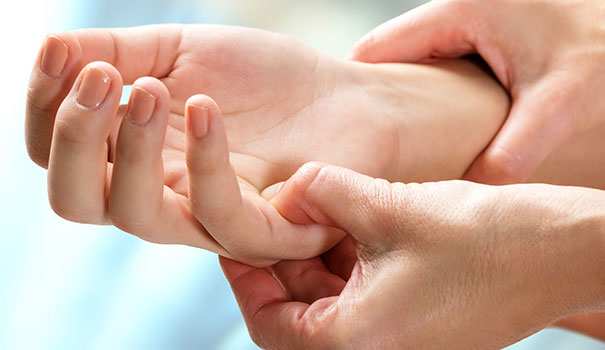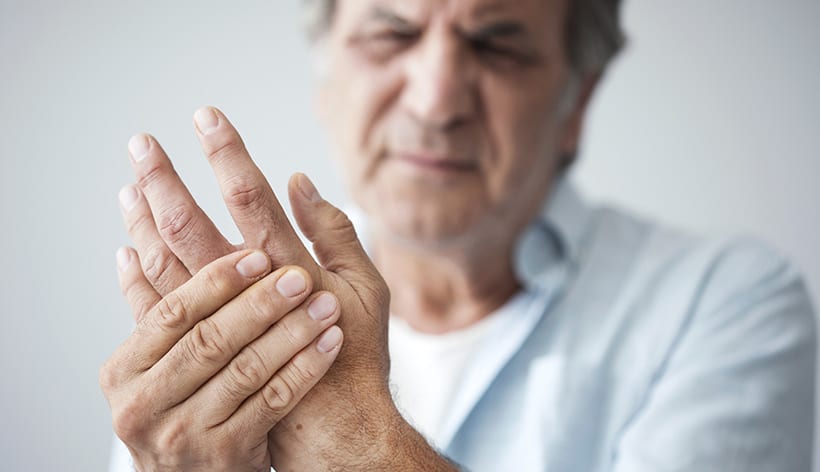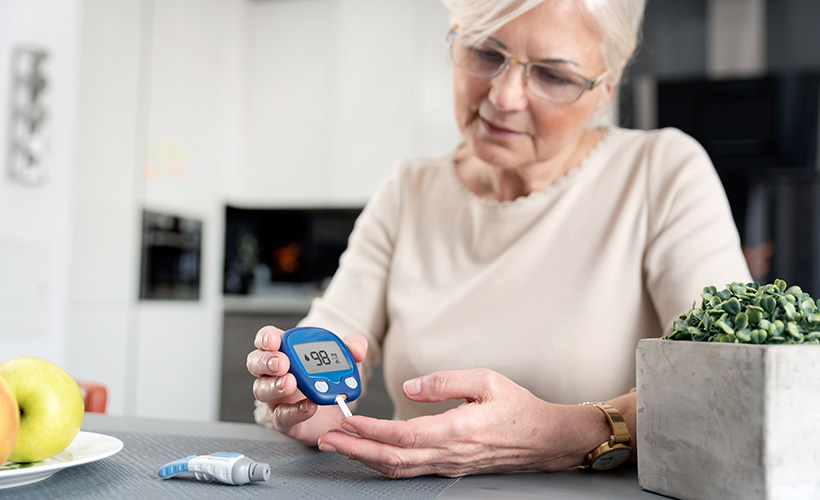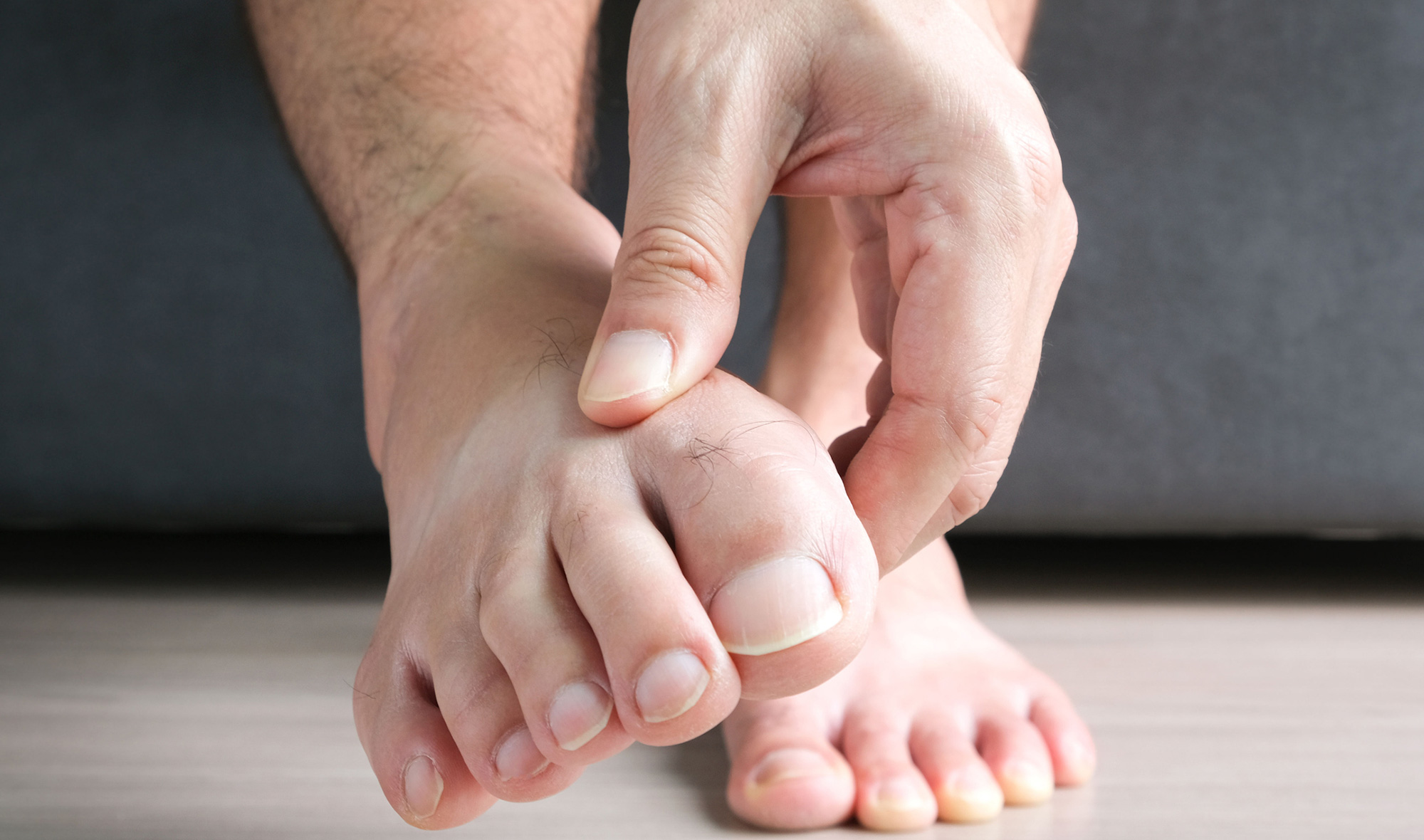What is rheumatoid arthritis?
Rheumatoid arthritis (RA) is a type of joint inflammation that causes long term pain and may lead to joint deformity. Have you seen people with finger joints that look swollen and twisted? They might have rheumatoid arthritis.
RA is not like osteoarthritis where the large joints (hips and knees) become worn down with age. RA often starts in smaller joints like fingers. RA is an autoimmune disease. This is where your immune system stops recognising your own body and starts to attack it. In RA the immune system attacks the lining of the joints. People with RA can have long term pain and stiffness of their affected joints.
Most people will have flare ups and periods of remission (feeling better). A small percentage will develop a severe form with extensive disability and inflammation in other parts of their body – such as eyes, skin, heart, lungs or nerves.
Who gets rheumatoid arthritis?
- Rheumatoid Arthritis can start as a teenager but most commonly starts between 25 and 50 years old
- Women are two or three times more likely to get RA than men
- Changes to hormones during and after pregnancy or breastfeeding may be linked to rheumatoid arthritis. These hormonal changes can relieve or trigger symptoms.
- More common in people who smoke
- RA is not an infection but there is some evidence that RA might be triggered by an infection
What are the symptoms?
Rheumatoid usually starts slowly and affects joints on both sides of the body. The main symptoms are inflammation, heat, pain and stiffness of the small joints. Affected joints can include fingers, wrists and balls of feet. Larger joints may also be affected like the ankles, elbows, hips and knees. As the disease progresses it is not unusual to see joints that appear twisted or swollen.
Occasionally inflammation may occur in other parts of the body like eyes, heart and lungs. Eyes can become dry, irritable, red or painful. When the lungs are affected it may become difficult to breath.
People sometimes report generally low energy due to the ongoing inflammation. Anaemia is also common with RA. Fever, weight loss and decreased appetite can be symptoms of RA.
What can I do to help myself?
If you have painful or swollen joints, see your doctor. The sooner you start treatment the less damage will be done to your joints. If inflammation is controlled in the early stages there will be less damage to bone and cartilage. Treatments not only slow progression and minimise joint damage, they can even lead to complete remission in some cases.
If you have questions about the medicines that have been prescribed for you, talk to your pharmacist. Make sure you are clear about the directions for your medicines. Some arthritis medicines are only taken once per WEEK. Some arthritis medicines interact with medicines you can buy in the pharmacy. When buying treatments for coughs and colds or any other pharmacy product, make sure you tell pharmacy staff what regular medicines you are already taking. This way they can check with the pharmacist to ensure you don’t buy things that will interact with the medicines from your doctor.

















Community